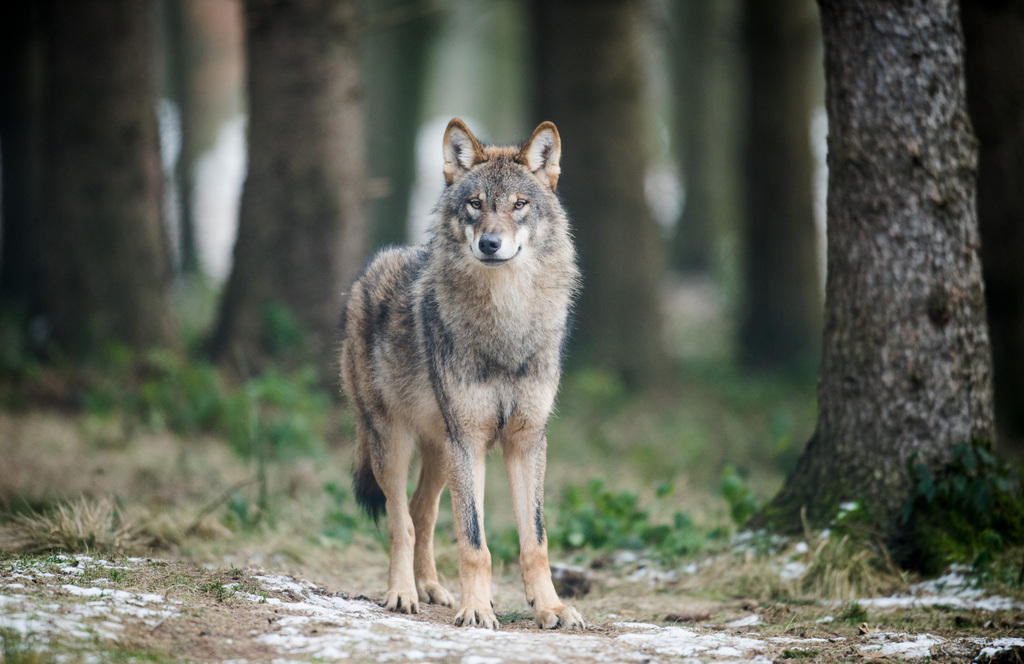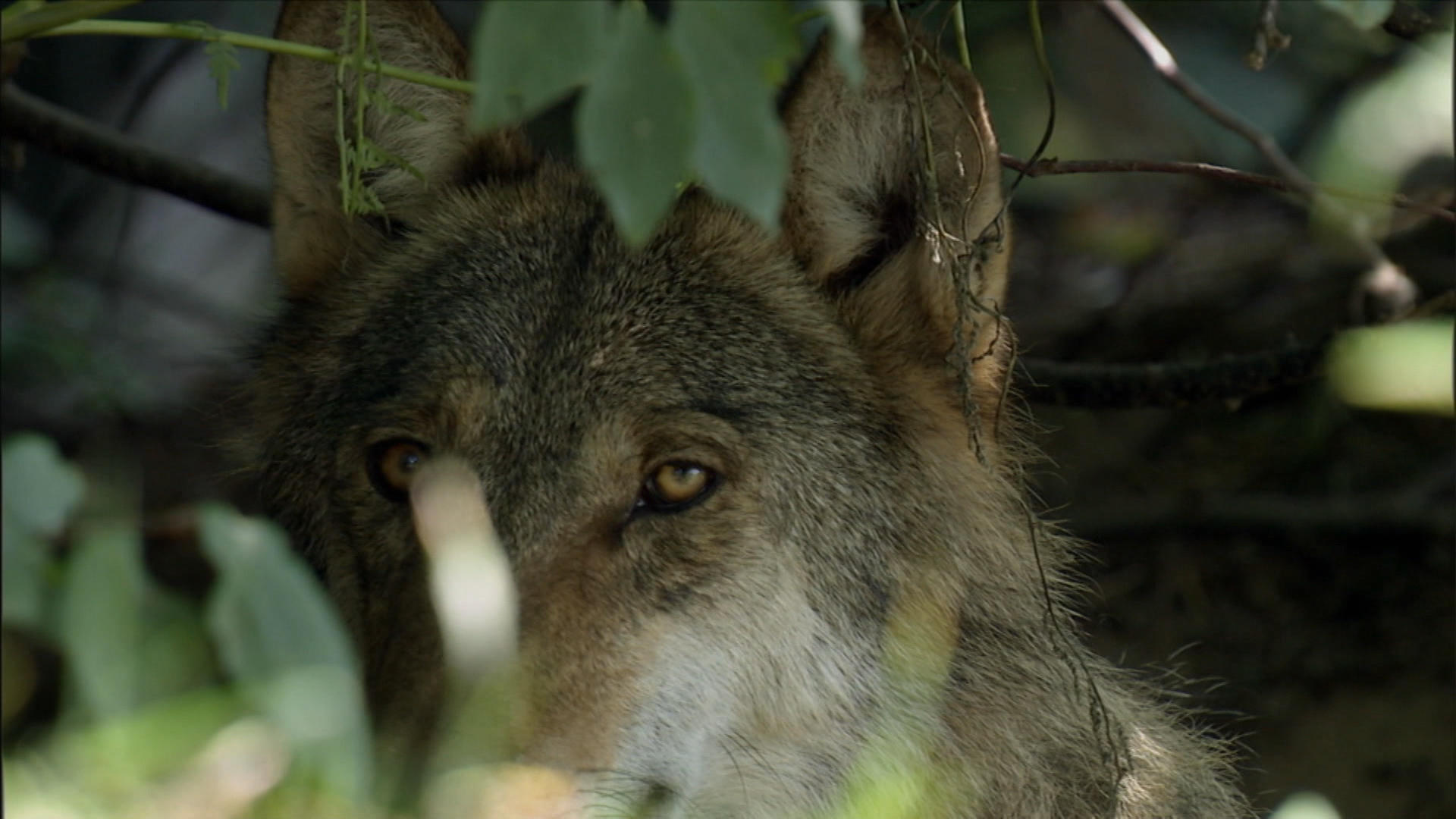
Alpine wolves show scant signs of cross-breeding with dogs

Scientists have shown that just a small portion of wolves in the Swiss Alps show traces of cross-breeding with their canine cousins – findings that could have implications for conservation policy.
Basing their research on 1,645 samples of saliva, faeces and hair gathered from 115 wolves in the Alps between 1998 and 2017, the University of Lausanne scientists found that less than 2% of the animals had DNA that showed signs of hybridization.
Of the two wolves that were estimated to be cross-breeds, the researchers said they were almost certainly the outcome of a wolf and dog mating at least two generations ago, if not more.
“Our results prove that dog-wolf cross-breeding is in reality very limited, even anecdotal, and that the genetic integrity of wild wolf populations living in the Alps remains intact,” said Luca Fumagalli, a researcher working on the project.
+ The exponential growth of wolf populations in the Swiss Alps
The findings could have implications for efforts to control the existence of wolves in the Alps, since while pure wolves are a protected species, the legality of killing cross-breeds is vaguer, Fumagelli added.
“In general, national laws recommend their culling, in order to preserve the integrity of the pure wild populations. But the real question should be rather how to control the presence of stray dogs that transfer their genes to wolves,” he said.
Wolves and dogs are close cousins: both are part of the canis lupus species and share common ancestors. Indeed, dogs are simply wild wolves domesticated 10,000-30,000 years ago; since then, both have intermingled and often reproduced.

More
Big, yes, but bad? Carnivore divides Swiss opinion

In compliance with the JTI standards
More: SWI swissinfo.ch certified by the Journalism Trust Initiative




























You can find an overview of ongoing debates with our journalists here . Please join us!
If you want to start a conversation about a topic raised in this article or want to report factual errors, email us at english@swissinfo.ch.